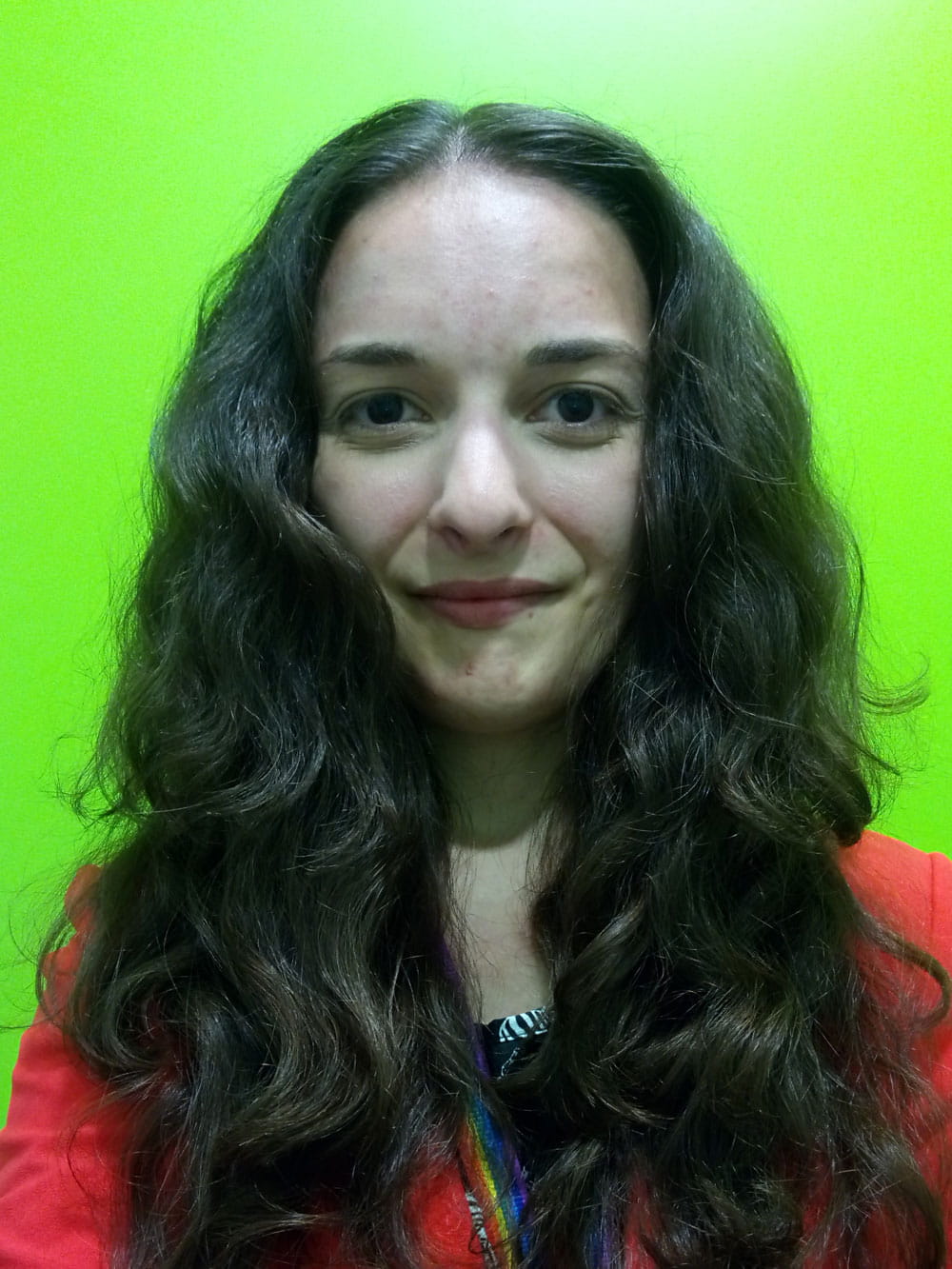As part of Neurodiversity Celebration week former student and member of staff Emily shares her experiences of living with ADHD.
Disclaimer: Emily is providing her lived experiences and this blog is focussed on her journey, thus some of the content may not apply to all other people with ADHD. But hopefully some of these experiences will be relatable to the wider ADHD community.
When did you first realise that you might have ADHD?
I initially thought that I had Autism, and I was almost convinced of that. Initially when I was diagnosed with ADHD, I didn’t relate to it until I found some very good YouTube videos which explained it really well, as there are a lot of misconceptions about ADHD.
I later spent quite some time researching and found out that ADHD and Autism have a lot of similarities which then made a lot of sense to me. But to answer your question, initially a SWIS member of staff suggested that I might have ADHD and thus I then pursued a diagnosis.
How does ADHD affect you?
That is a very broad and difficult question to answer. ADHD is a part of me, it is just ‘how I am’. It is an entirely different way of thinking and processing information. This is not a bad thing, as there are also many benefits and strengths to it but it can make certain tasks difficult at times.
People assume that ADHD is only about being distracted and fidgeting a lot, but that is not the case at all. Although distraction and hyperactivity are aspects of ADHD, there is so much more to it and these aspects also present themselves in different ways. For example, there are a lot of differences in how we communicate, how we understand information and instructions. Also, some less known aspects of ADHD are around impulsivity, impulse control (e.g. interrupting in conversation), emotion dysregulation, oversharing, sensitivity to stimuli (such as sounds, visual objects etc.), difficulties with time management and time perception and many others!
I wouldn’t even say that I have an “attention deficit” as I can really hyper focus on things that interest me for hours or even days. I would rather say that people with ADHD perhaps struggle with regulating what grabs our attention and what we focus on. It is actually very difficult to explain how our brains work, as what makes perfect sense to us sometimes doesn’t make much sense to neurotypical people (and vice versa). There is a great video on YouTube that touches upon how ADHD people think, especially in a conversation, and makes parallels to “hyperlinks” which I think is a very good analogy:
When were you diagnosed with ADHD and what was your experience of that like?
I was diagnosed as an adult in the UK by a psychiatrist. I was referred for ADHD assessment by my GP after a long conversation with them and then I was on a waiting list for several months. Thus, I was diagnosed at the beginning of my final year at University. As mentioned, initially I struggled with accepting and relating to the diagnosis but after I did a lot of research on ADHD I started understanding and relating to it more, which was very helpful. The diagnosis gave me clarity and helped me to understand and accept myself more, as then I knew that there was a reason why my experiences were different to those of others. This helped me a lot.
What help were you offered by services following your diagnosis?
Following my diagnosis, I was offered only medication but no therapy. Thus, I tried the medication as that was the only support offered and I was fortunate that the first medication I was prescribed worked very well for me. The medication helped me to focus a little better, but most importantly it helped to stabilise my mood. I know that a lot of people are against taking medication and I completely understand and support anyone with ADHD and the decisions that they make. It was just a personal choice and it worked for me. But I am not an advocate of either option as different things will work for different people.
In terms of side effects, I experienced only some minor ones. For example, heightened anxiety to a manageable level and loss of appetite but these were manageable for me.
What would you say the biggest challenges are for those living with ADHD?
I would say that other people’s perceptions and people misunderstanding us (the ADHD community), in terms of our thoughts, behaviours, how we act and think are the biggest challenges. People can think we are being rude at times but actually we are just communicating in a different way. People can also sometimes think or act as if we are incapable because we can’t always think the way they do. We can also experience self-inflicted guilt when not finishing tasks in the same amount of time as neurotypical people do. And, of course perfectionism – as that is a big struggle in the ADHD community. I would say these are probably the biggest struggles for us but it varies.
What was helpful at university and what support did you receive?
Once I had my diagnosis, the University experience felt a lot better. I had a named adviser within SWIS who was absolutely amazing, incredibly supportive and one of the reasons why I chose to be in the role I am in now. I received coursework and exam adjustments, which were fantastic. My grades shot up and I really excelled with this support in place. It shows what an ADHD brain can achieve with the right support. I achieved a high First in my final year and a First Class overall for my Psychology Degree.
What are the positives of ADHD?
There are so many positives of ADHD and the way that we think. We are extremely creative in a lot of aspects of our lives and work. We can notice and understand very complex patterns and concepts that others might not notice. We also often are really good with problem solving and can find ‘out of the box’ solutions.
We are very enthusiastic and this can at times be infectious and inspiring to others, especially if we are passionate about something. We are also really good at picking up on others’ emotions and being compassionate towards them. But obviously these strengths differ between people with ADHD. Basically, if you want a creative solution to a problem or a fresh new perspective or ideas – ask a person with ADHD.
What advice would you give to friends/family/colleagues or loved ones of people with ADHD?
Try to be understanding. We are not trying to be difficult, our brain just processes things differently, and the reasons why we do certain things or behaviours are probably totally different to what you think these reasons are! Also, these “reasons” are very difficult and exhausting for us to explain to others. How do you explain how you think to someone else!?
I would also encourage you to do as much research as possible about what ADHD really is as that would give you a glimpse of how your loved ones or friends with ADHD experience things. I would also suggest researching lived experiences of people with ADHD. For example, Ted Talks, videos or articles from actual people with ADHD are a great starting point.
But overall be understanding and compassionate and try to understand how our brains work and how we function which is normal to us!
Finally, what would you say to someone who has ADHD and is struggling?
Being a person with ADHD (or any neurodiverse condition) in a neurotypical world can be very hard sometimes. But don't forget all the amazing skills, strengths and abilities that you have due to how uniquely and wonderfully your brain works. Having ADHD is not a drawback - it is a SUPERPOWER! It is just about finding the right environment you can flourish in.
For more information, please contact include@essex.ac.uk or visit
Staff: please book a space on the ADHD awareness session on 13 March at 2.15pm via HR Organiser.


